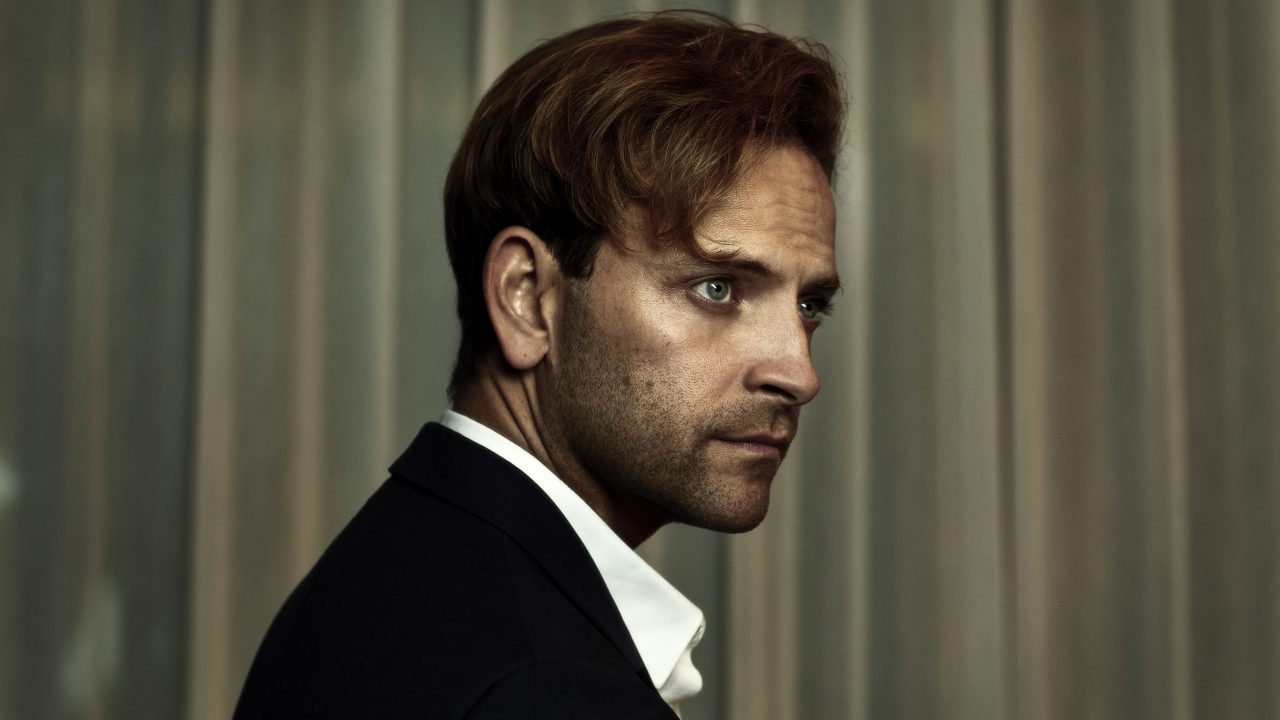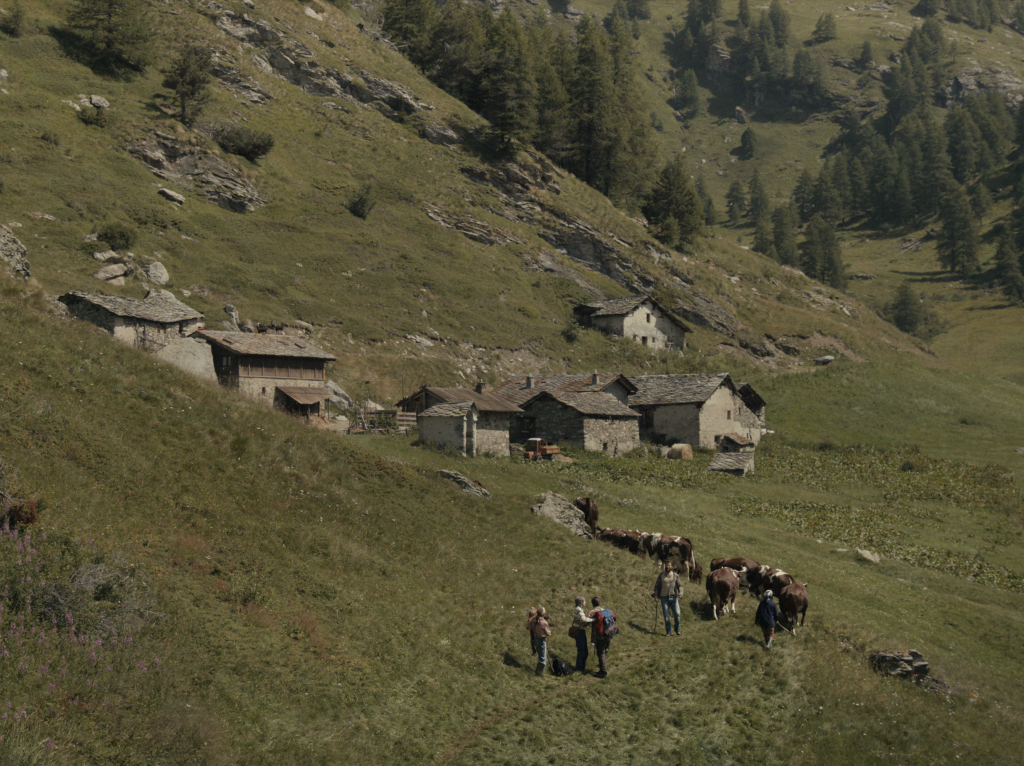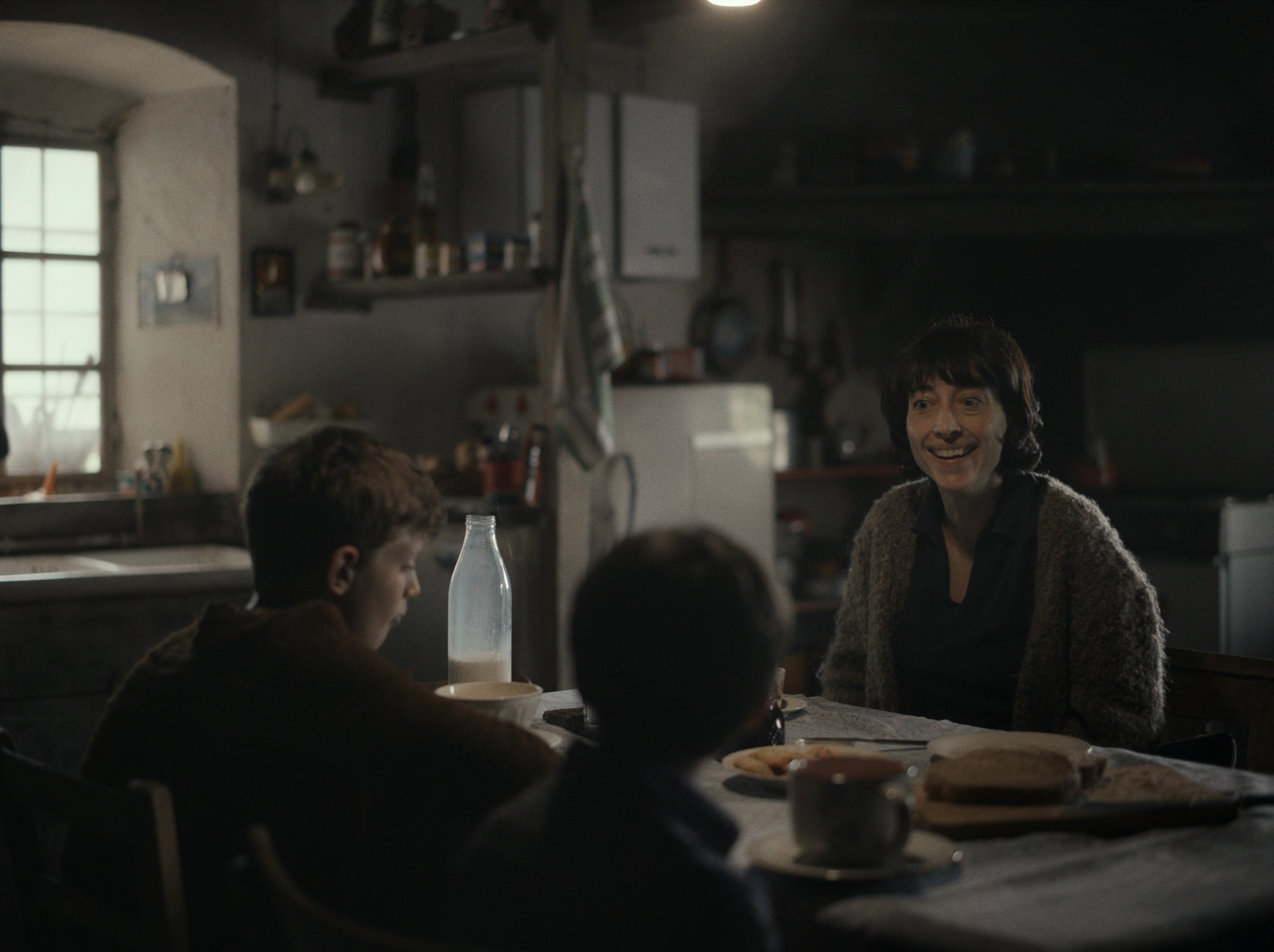
We had the possibility to face a lot of challenges, I would say. But at the end of the journey, these were, in fact, rather great opportunities than challenges. So, at the beginning of the shooing, the biggest one was to seriously deal with the land and the animals around us. I mean, I really love the mountains, I’m used to being there, and I know that kind of approach very well; it’s also something I have in common with my character Bruno, in some way. But that’s by far not the whole story. ‹Unfortunately› I live in Rome, where there are no mountains and where the city is full of people. So learning how to live with cows, how to make cheese and milk from scratch, was absolutely enriching for me. I didn’t know anything about that before. While shooting LE OTTO MONTAGNE we were forced to create a connection with planet earth.
There is a very good line in the movie that says: “Don’t call it nature”. Because in fact nature is something that you cannot describe. We need to touch things. That was the key for Bruno. All of us are used to call our natural surroundings ’nature›, but when you talk with these people who actually live in the mountains, not only during summer time when it’s really comfortable, but also during the winter when it’s so cold and when you have problems with electricity, then you have to really think about the meaning behind the word ‘nature’. I would say that this was the greatest opportunity and at the same time the biggest challenge of the movie.

Yes of course, we worked together with them from the beginning. You know, at first sight it was kind of inverted. Luca and I we thought that we were going to build up the characters on ourselves. We talked about that, also with the directors. Then, at some point, Lupo and Christiano came by, and we all had the same feeling that we had to follow these guys – and not the other way around. They didn’t have to be like us. Exactly the contrary. We had to follow them, we had to learn how they speak and in which way they were able to connect with nature. For me, the meeting with Christiano was something that is really complicated to explain, because it was extremely deep. He is a boy from another time, another kind of planet. He was 11 when we met and he was already really tall, so sweet and at the same time so powerful, so concrete, so practical. He was obviously very excited and was emotional with me. At some point I told him: ‹You know what, you don’t have to think about me, I have to think about you. I’m trying to build my character on you, because you are Bruno from the beginning.” At that point we built something up together.
Actually, the biggest thing that happened to me, with this movie, is that at some point I chose Christiano’s father to be my dialect coach. And he was great! We were trying to work on the accent, on the dialect that was so complicated and so far from mine. Christiano’s father, actually his whole family, they are all really special people. They are kind and sweet. There is nothing about construction in their lives. Everything is so direct and normal. They go straight to the point in every kind of situation. They are from the mountains for real. They have an Alpeggio in a place that is not far from where we shot, and I used to visit them over there, and we talked every week. So Christiano was not just part of the movie, but also of me; part of the process to building up the character. Today, his father is a great friend of mine, a person that I really love. He was so important because he made it possible for me to feel comfortable in an accent that was initially very complicated for me.
